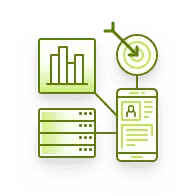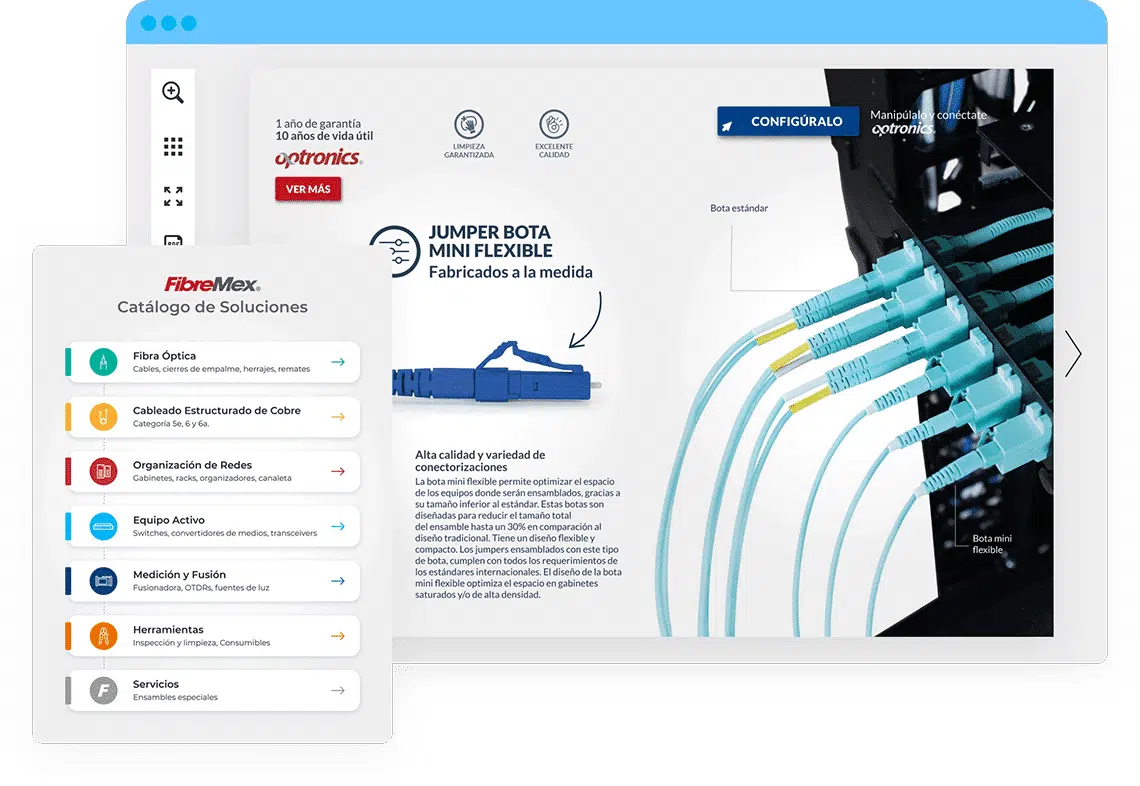What You Need to Ask When Choosing a B2B eCommerce Platform
August 4, 2021 By Yana Persky

Strong B2B eCommerce capabilities bring many benefits to brands and wholesaling companies. But these are not guaranteed. To offer the best B2B eCommerce platform to your customers, you need to develop a well thought out B2B eCommerce strategy, select the right platform, and execute it. What questions should you ask B2B eCommerce vendors to make sure you’re on track to achieve this aim?
Can you offer a unified experience?
The top B2B commerce platform must have the flexibility to adjust to the complexities of selling through all channels, to prevent your customers spending time and resources on buying and tracking orders across different channels. This includes insights into delivery dates for products and services, monitoring of order processes and automatic customer notifications. Your platform should be the single source of information across all channels, providing a consistent buying experience regardless of whether the customer is interacting with a field sales rep, a call center, a mobile app, or your website.
Do you offer a private-label, native mobile B2B eCommerce app?
Back in 2017, CPG brands and wholesale distributors kept asking if their company should invest in a native mobile B2B eCommerce app if they have a web app and mobile-responsive web ordering.
Now we are witnessing that having a strong, reliable, native mobile B2B eCommerce app is no longer a choice, but a requirement that allows B2B buyers not only to place orders whenever they like, but to strengthen a brand position in the market. Our internal analysis shows that over 53% of B2B eCommerce transactions flow through native mobile apps, and we anticipate this to grow further due to the improved buyer experience and increased conversion rates with built-in mobile features.
Can our sales reps submit orders on behalf of their customers?
You have a hard-working and successful sales team who are probably the engine that has driven your business for years. But if the people that represent your company to your customers don’t fully understand the benefits of B2B eCommerce, they won’t be onboard and motivated to use it, nor will they be willing to promote it.
Sales reps have a common misconception that an online sales platform leads to lower commissions, and some feel threatened that they may even lose their job because of it.
To avoid misunderstandings, make sure you invest in a B2B eCommerce platform that will encourage your sales reps to play more of a consulting role by reviewing orders coming from B2B self-service and allowing them to close more deals, and advise on the best promotions to use—all leading to increased sales.
Is your B2B eCommerce platform purely transactional, or can we manage complex pricing (including promotions) in your eCommerce environment?
Pricing is a critical element for any B2B brand or wholesale distributor. It can be a very complex activity if customized pricing is to be established for different customer and purchasing groups. The difficulty in setting prices increases as the number of SKUs increases, and prices are influenced by a variety of factors, including order frequency, urgency, product types, payment and delivery terms, warranty and purchase quantity.
To achieve accurate and consistent pricing across all channels, and to be able to manage this level of pricing complexity, make sure your eCommerce solution is flexible enough to move the pricing mechanism if required from the back office (ERP) to the front office and manage it inside the digital commerce environment without writing any line of code.
How configurable is your eCommerce platform?
How quickly can you respond to meet new business requirements? Can you change order quantities, have a live inventory action prior to submitting the order, enforce maximum order quantity and cutoff times on the fly, for example?
The best B2B eCommerce platform will accommodate the flexibility and ease of making changes to fit your changing business needs: modify workflows, forms, business rules, and UI – all code-free.
These are just a few of the many questions you should ask before investing in the eCommerce platform that’s right for you. I recommend evaluating each one to ensure it offers the capabilities required to handle B2B complexities while delivering superior customer experiences.























